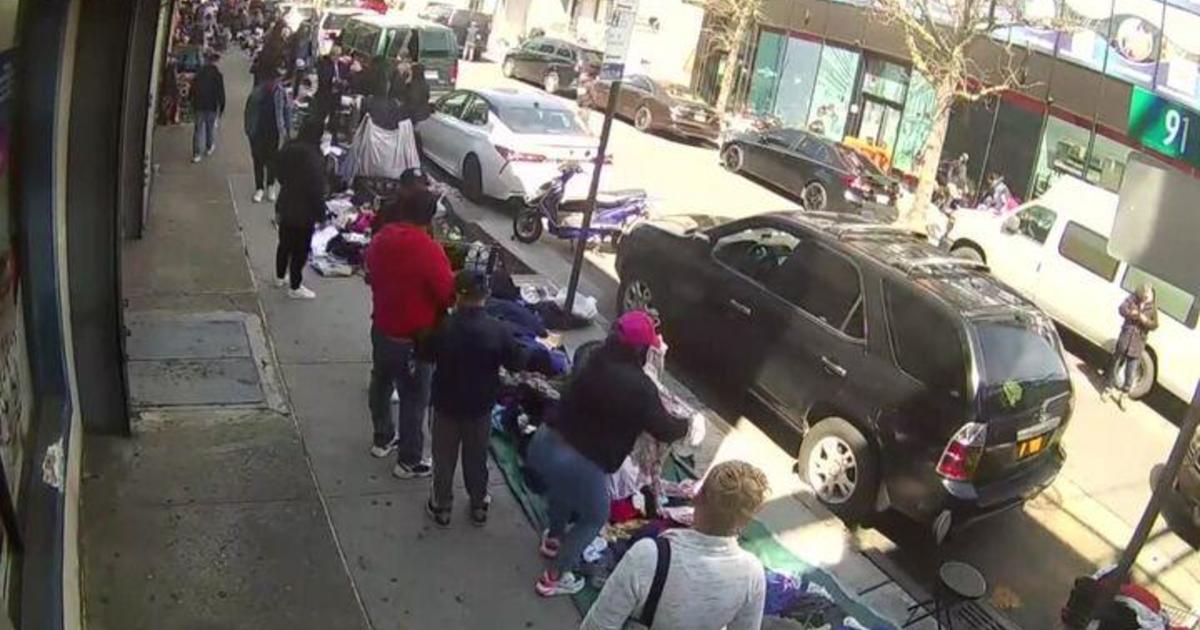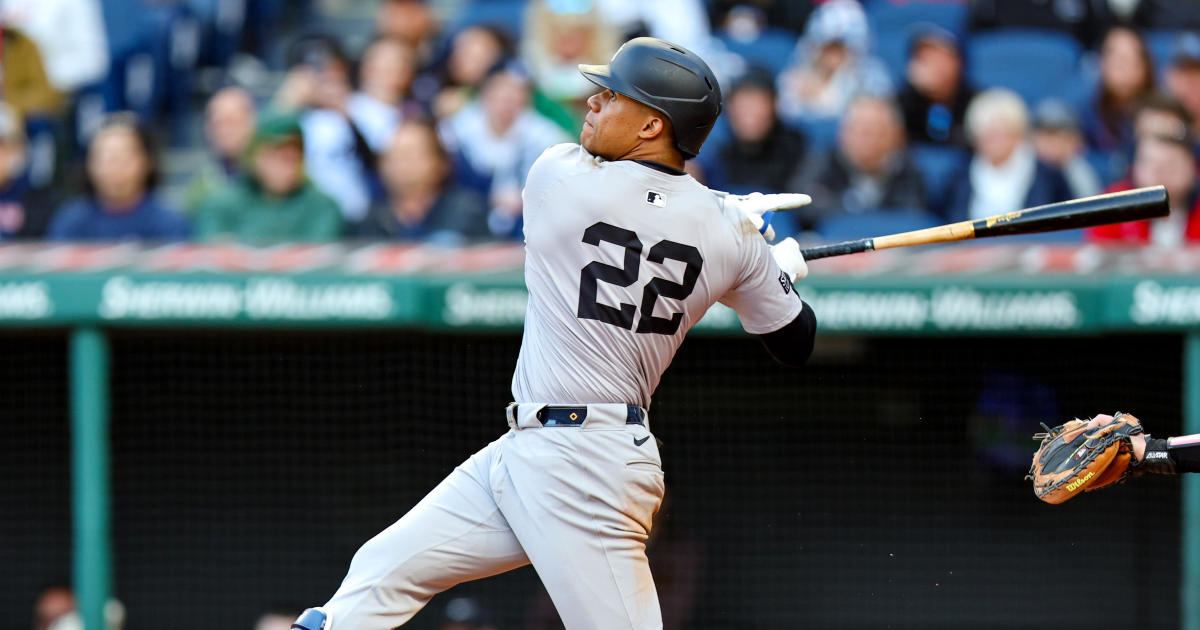Keidel: The Evil Of Empires; On A-Rod's Bad Deal, Dickey's Raw Deal
By Jason Keidel
» More Columns
Only a clown would compare the careers of Alex Rodriguez and R.A. Dickey. But their current paths, crisscrossing the Big Apple, serve as microcosms of the teams and town they represent.
In 2007, the Yankees were at the peak of their Evil Empire avarice, Gordon Gekko gone wild. At the height of their ravenous spending, the Yankees gave A-Rod another $275 million days after he humiliated them on national television (by opting out of his deal during the World Series). The Yankees swore they wouldn't reward the rancorous behavior by doubling-down on his dubious contract, and then did a corporate u-turn, inviting this karmic and cosmic tax.
Gluttony has an expiration date. And the Yankees have just cracked the seal on theirs. The bill on that A-Rod contract is due.
Hal Steinbrenner, a self-styled "numbers geek" who has drawn a hard line in the salary cap sand, insists his Yankees can win with $189 million. He's correct, of course, but he makes a few faulty suppositions.
You can't go from Darth Vader to Billy Beane overnight. Counting pennies is an organizational mantra that starts with the minor leagues, plucking fruit from the farm system as the Yankees did in the early 1990s, spawning the Core Four, among others, and then sprinkling veterans through trades and free agency, like Paul and Tino and Scott.
And while the newfound frugality from both our baseball teams is startling, it's particularly jarring from the Yankees, who let Nick Swisher and Russell Martin walk without suitable replacements in mind, and surrendered Rafael Soriano, who could easily have been Mariano Rivera's successor.
It feels like a kind of reckoning has enveloped the Yankees. And it's no coincidence that they owe more than $100 million to a man who isn't worth half that and for all we know will never be a good, much less great, player again.
And while we can't say for certain that A-Rod's avalanche of injuries were caused by steroids, it's entirely fair to wonder if they were. How many players as gifted and dedicated to his craft are we hearing about with torn labrums on both hips, cysts and such dotting a once indestructible body.
While 37 is old by athletic standards, he's hardly an old man. Do you hear any of this happening to Jeter? Mariano? Or any other player not sullied by steroids? As we've seen in Jose Canseco and other reformed juicers, the back-end payment for the indulgence is quite expensive. It's possible that A-Rod is now ending his career but just beginning his penance.
And then we have the Mets, who shipped their lone diamond in the dust storm of a season they had last year. Out of the obscurity of a journeyman career, bumpy bus rides to and from the majors, digging for coins in the couch while keeping his chin up, Dickey hit the jackpot, a classic case of persistence overcoming resistance.
And the Mets don't care. R.A. Dickey just became a Toronto Blue Jay. This is surreal to write and perhaps harder to read, but Oliver Perez was shown infinitely more respect than Dickey has over the last month. Perez, who won nothing, was given $36 million. Dickey, squnting in the sparkle of his Cy Young, asked for $25 million and was rebuffed.
Only the Mets could marginalize someone like Dickey, the old man with a hollow elbow who chucks a dancing ball all the way to the Cy Young. He's become something of a cult figure, a rare player and person, a grammarian who climbed Kilimanjaro, a journey equal parts courage and literary nod to Hemingway.
Perhaps on paper, in the objective hardness of building a better squad, the Mets are doing the right thing, trading age and wage for the future. But a team in New York City, replete with a resplendent new ballpark, its own television network and infinite revenue streams could find a way to keep its ace, save face, and cultivate its farm.
John Feinstein narrated a "CBS Sports Minute" this week, one of those quick monologues you hear from Doug Gottleib and Boomer Esiason, during which he shredded the Dickey trade. Feinstein said the Mets dumped Dickey for a bunch of "batting helmets" not because of some grand scheme to improve the brand but because they're cheap. And they're cheap because of their financial tango with Bernie Madoff.
To which a panting, rabid Evan Roberts responded with great fury, panning Feinstein's missive while challenging the author to call the show and debate the matter.
There's no right or wrong side of the argument, because both are valid. The debate merely italicized the chasm between generations. Feinstein, more my vintage, is more of a romantic, and feels you don't dump a Cy Young winner no matter his age or wage, especially on a team with so little to offer its beleaguered fan base.
Evan is a quintessential twenty-something who still has the energy to inhale spreadsheets worth of data and will give us an accountant's argument for the trade. And maybe he's right. Maybe the Mets did the right thing by trading the feel-great story of the year for some ever-ominous prospects. But they better produce or the Mets will have yet another historical anvil hanging from their scarred neck.
For those of us north of forty, for whom 40 times and radar gun readings mean less and less, who measure the metaphysical as much as vertical leaps, Dickey is what makes sports so damn compelling. But young men like Evan Roberts have no time for sentimentality.
Neither do the Mets. Maybe Mr. Roberts can look to his wingman on the midday show, Joe B., to see the value of the journey, of the rags-to-riches narrative that makes us watch baseball. Maybe he needs another decade of heartache from his home teams before he sees the wisdom and comfort of nostalgia.
Feel free to email me at Keidel.Jason@gmail.com and follow me on Twitter @JasonKeidel.
Agree? Disagree? Join the debate in the comments...



